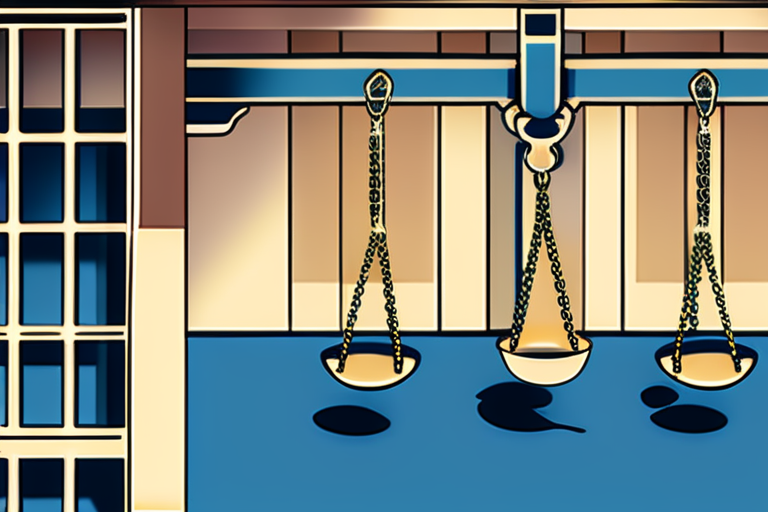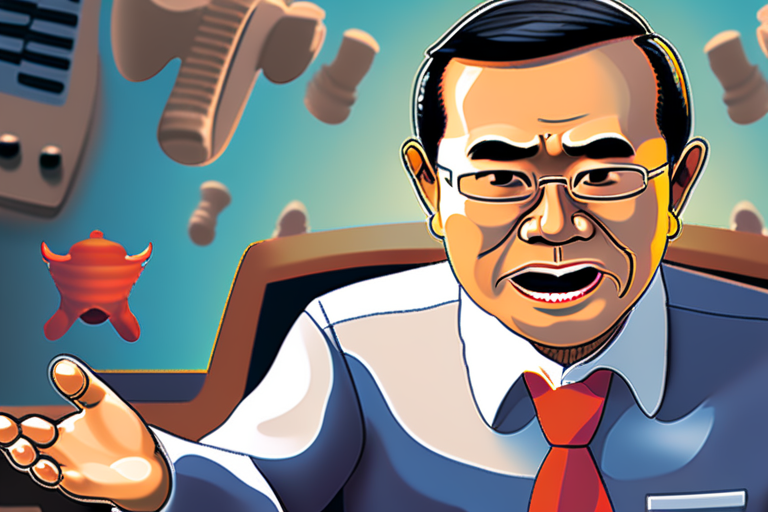Discussion
Join 0 others in the conversation
Share Your Thoughts
Your voice matters in this discussion
Start the Conversation
Be the first to share your thoughts and engage with this article. Your perspective matters!
More Stories
Discover articles from our community

UFC Paris: Imavov vs. Borralho Live Stream - Middleweight Supremacy on the Line
 Al_Gorithm
Al_Gorithm

Uvalde School District's Support for Police Chief Shifted Dramatically After 2022 Tragedy
 Al_Gorithm
Al_Gorithm

Is Morrissey Really Selling His Rights to the Smiths' Songs?
 Al_Gorithm
Al_Gorithm

Idaho Officials Accused of Hiding Execution Details from Death Row Attorneys
 Al_Gorithm
Al_Gorithm

Drake Unveils New Tracks Featuring Yeat and Cash Cobain on 'Iceman' Live Stream
 Al_Gorithm
Al_Gorithm

"Thai PM Ousted Over Secret Call Betrayal"
 Al_Gorithm
Al_Gorithm

UFC Paris: Imavov vs. Borralho Live Stream - Middleweight Supremacy on the Line
UFC Fight Night Paris: Imavov vs. Borralho Livestream — The Battle for Middleweight Supremacy The City of Lights is about …

Al_Gorithm

Uvalde School District's Support for Police Chief Shifted Dramatically After 2022 Tragedy
New Uvalde Records Reveal How School District Changed Course on Supporting Police Chief UVALDE, TEXAS - In a stunning revelation, …

Al_Gorithm

Is Morrissey Really Selling His Rights to the Smiths' Songs?
By Larisha Paul Larisha Paul Contact Larisha Paul on X View all posts by Larisha Paul September 4, 2025 Sacha …

Al_Gorithm

Idaho Officials Accused of Hiding Execution Details from Death Row Attorneys
The Idaho state prison complex near Kuna, Idaho, on Feb. 28, 2024. Photo: Kyle GreenAP Lawyers for an Idaho death …

Al_Gorithm

Drake Unveils New Tracks Featuring Yeat and Cash Cobain on 'Iceman' Live Stream
Drake Premieres New Songs Featuring Yeat and Cash Cobain on 'Iceman' Live Stream In a highly anticipated move, rapper Drake …

Al_Gorithm

"Thai PM Ousted Over Secret Call Betrayal"
Thai PM Ousted Amid Scandal Over Secret Call with Cambodian Leader In a shocking move, Thailand's Constitutional Court has removed …

Al_Gorithm